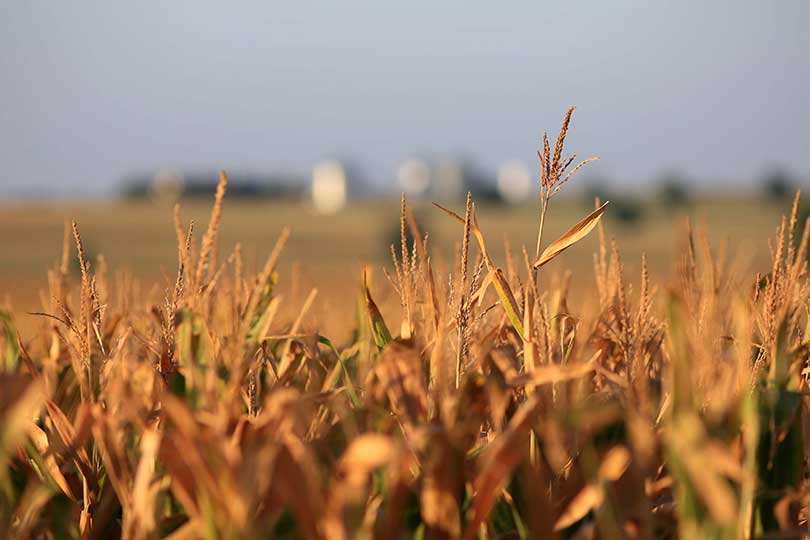By Jessica Domel
Multimedia Reporter
Increasing farm bankruptcies, a volatile trade environment and low commodity prices has prompted the American Farm Bureau Federation (AFBF) to step in and offer stress and mental health resources to rural Americans who may be suffering.
The grassroots organization has added a new page full of resources to their website, fb.org, to help those who are struggling or see someone having a tough time.
“You’ll find a section about the warning signs of stress. There’s steps to help someone at risk. There’s a link to the National Suicide Prevention Hotline,” Ray Atkinson, AFBF director of Strategic Communications, said in an interview with the Texas Farm Bureau Radio Network.
According to a poll from Morning Consult commissioned by AFBF, 91 percent of farmers cited financial issues as a stressor. Eighty-seven percent said fear of losing the farm impacts a farmers’ mental health. Eighty-eight percent cited business problems.
“That’s really concerning because of the depressed state of the farm economy,” Atkinson said. “We know it’s having an impact.”
The good news is 91 percent of rural adults said mental health is important to them and/or their family.
“If you’re a farmer, and your tractor or your equipment needs maintenance, you’re certainly going to stop what you’re doing and fix your equipment and maintain it,” Atkinson said.
It’s important for people to have the same mindset toward their own mental health and safety, Atkinson added.
“As a farmer, you’re the most important part of your operation,” Atkinson said. “So many things depend on you. So it’s important to take care of yourself.”
The information on the site, fb.org/ruralstress, isn’t just for the person who is struggling.
Atkinson noted it’s just as important for a neighbor or friend who sees another in need.
“We know that when someone is struggling, it’s not just that person and that person’s family. The ripple effect is huge,” Atkinson said. “There’s all kinds of people who are maybe outside of the farm operation or the farm family who can look at these warning signs and ways to help.”
Warning signs to look for include a change in routine. For example, a farmer who normally shows up at the coffee shop each morning suddenly stops.
Other potential warning signs could be an increase in illnesses, farm accidents or the decline in appearance of the farmstead.
The site also includes tips for reaching out to a friend or loved one.
“Ask. Keep them safe. Be there. Help them connect, and follow up,” Atkinson said. “I think probably out of all of those, the one that jumps out to me the most is be there.”
While reaching out to a friend about a potential mental health issue may not be easy, Atkinson warns it’s important not to wait and hope someone else does it.
“If you assume someone else is doing it, then maybe everyone else is making the same assumption,” Atkinson said.
Farmers are two times more likely than rural adults, in general, to not feel comfortable talking to a friend about stress or mental health.
Atkinson said some of that may be related to the stigma around mental health.
“Just talk to people. Step up. Just be there,” Atkinson said. “Ask is the number one step. Just say, ‘Are you okay?’ ‘What’s going on with you?’”

